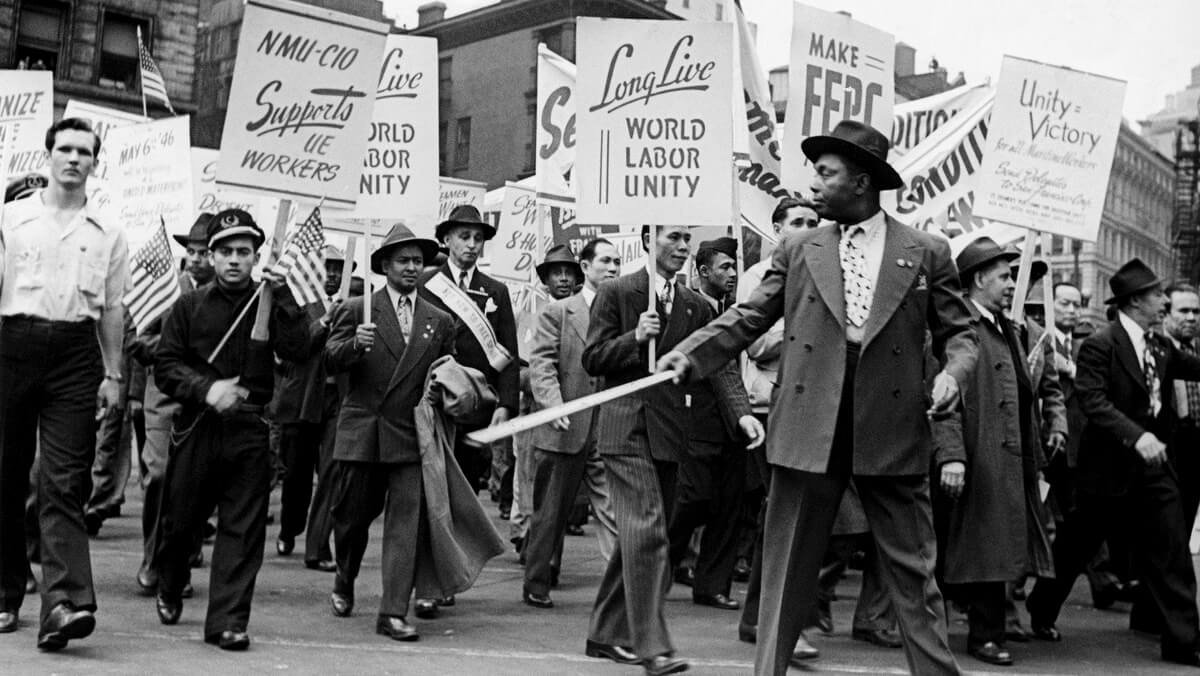
Wage Theft
Key Takeaways:
When your employer fails to pay you the wages you are owed for your labor, that is wage theft.
Wage theft is the largest form of property crime in the United States.
California has excellent protections for victims of wage theft, with penalties that may exceed the underlying wages owed.
Employees lose over $50 billion in stolen wages per year, according to a study by the Economic Policy Institute. This staggering number dwarfs all robberies, burglaries, and motor vehicle thefts combined. California wage and hour law regulates how you get paid, and is our firm’s primary tool for trying to remedy wage theft when it occurs.
California has some of the strongest wage and hour protections in the country. As an employee you have a huge number of important rights when it comes to getting paid for your work. Some of the most common types of cases we come across are:
Failure to pay overtime wages;
Failure to pay minimum wages;
Failure to provide meal or rest breaks;
Off the clock (unpaid) hours;
Failure to pay all wages due every payperiod;
Failure to provide accurate employee paystubs;
Unpaid commissions;
Misclassified independent contractors;
Misclassified salaried workers; and
Misclassified sales workers
If an employer fails to pay you all the wages you are owed for your work, not only are you entitled to your owed wages, you may also be owed additional penalties on top. These penalties are meant to discourage intentional wage theft by severely punishing willful violations of the law. In some cases, violating California wage and hour law is even a crime.
Wage and hour violations come in all shapes and sizes, from small individual claims before the Labor Commissioner to multi-million dollar class actions spanning thousands of employees. We have extensive experience in this area and would like to hear from you if you think you are being underpaid.
